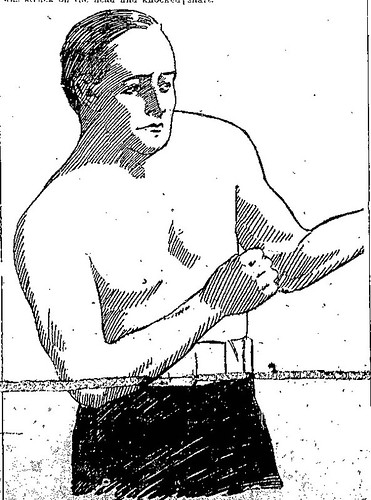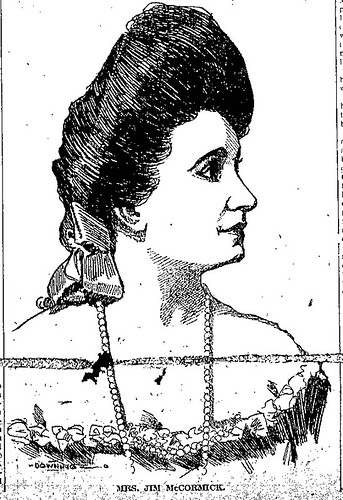A letter published in the Joplin News Herald offers a hint to some of the problems that arose in Southwest Joplin:
EDITORS-HERALD: – Will you please give a little space in your columns in the interest of the quiet and law-abiding of the district known as Byersville in southwest Joplin. The good people of this part of the city pay taxes to keep up a police force, and think that they are entitled to at least some little protection. It is a fact, although I am almost ashamed to acknowledge it, that we have some very bad boys. They have been warned many times, but it seems that the warning has no effect on them. They often disturb the peace by loud and unnecessary noises, throwing rocks, and have gone so far as to egg houses that are occupied by quiet families. We ask the city authorities to see that quiet is kept in this part of the town. The boys gather on the store porches at late hours and make such noises that break the rest of peaceful citizens. They even go so far as to make fun of and tantalize citizens on the streets or in their own enclosures. There are a half-dozen or more of them. While many of us would just like to see our neighbor’s boys in trouble, we must have the nuisances stopped: And it will be better for the boys, for if allowed to continued, some day they will receive sentence for a grave crime, then they will say: “If the better citizens had arrested me for some small offense it would have saved me from this everlasting disgrace.” Now, boys, take warning, be good boys and grow up to be good men and you will an honor to the community, and if you do not you will have to face the police court and take the consequences.
A Quiet Citizen.
Source: Joplin Morning Herald, 1892



